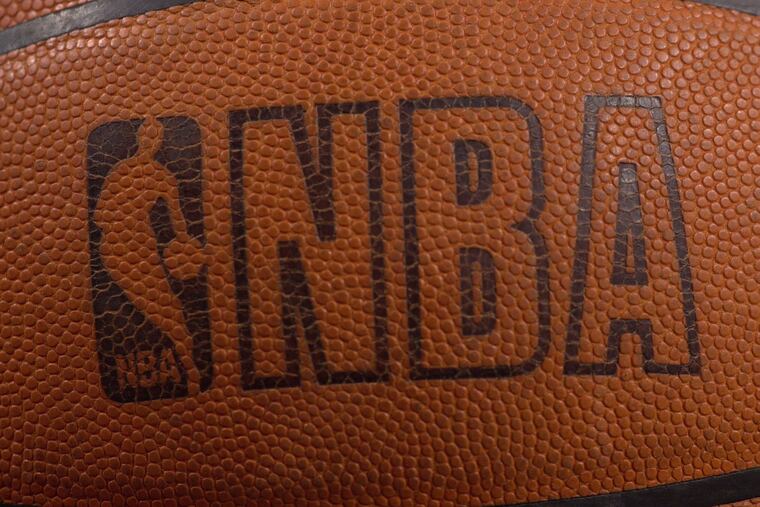Writing about sports in the time of COVID-19 | David Murphy
Does it feel strange to write about sports? Sure. But it does not feel strange at all to wish they’d return soon.

Does it feel strange to be writing about sports right now? Yes, it does. I’m sure it feels strange to be doing a lot of the things that people get paid to do. Selling software, photoshopping graphics, filing expense reports — is there anything that feels normal to do in the midst of a pandemic?
The biggest challenge of our time is not maintaining social distance. It is maintaining psychological fortitude. Existential malaise is a virus, a droplet of doubt that infiltrates a host and commandeers its problem-solving systems until the organism is engaged in a life-or-death battle against itself. The rational faculties that evolved to propel us forward are now ping-pong paddles passing impossible if-thens back and forth in interminable loops.
Two weeks ago, life was scheduled and itemized, a series of tasks and objectives and boxes to check off without any thought of the line they combined to form. Point-by-point, you followed a preordained path into the future the way a hiker follows a trail that has already been blazed, hopping from rock to rock across a swollen stream, your effort and energy focused entirely on the achievement of the next way station, on the next leg of the journey, without any reason to question where it ultimately leads.
Now? You are in the middle of a stream, and you cannot see the opposite side. Each step that you take that does not reveal dry land is another reason to question if it even exists. Each calendar entry comes with an asterisk. The utility that you would normally derive from the completion of a task is now contingent on the world reverting back to where it was when our professional frameworks were established. How does one continue to play his role in an economy when the economy no longer exists?
This was supposed to be a column about a basketball team. Perhaps, at some point, that is what it will be. The NBA season might be suspended, but at some point, finality will arrive, which means the questions that the Sixers must at that point consider are ones that already exist in some preliminary form. If the season does not resume, do they have all of the information they need to chart their next step? Since October, we’ve been saying that the playoffs will hold the answer, that the regular season is little more than an 82-game test run for a coach and a roster whose legitimacy can only be determined by a do-or-die series. If there is no series, what does that mean for Brett Brown? For Al Horford? For the front office responsible for constructing a contender?
They are legitimate questions, but at this point, they are impossible to answer. I mean that in an abstract sense. The concrete material is there: 65 regular-season games, thousands of shot attempts, hundreds of lineup combinations. I have a large enough sample to work toward the necessary conclusions. What I do not have is the energy to consider these questions, given the effort it took just to write them.
This is where we are, perhaps some of us more than others. A job that requires you to write about sports in the midst of existential uncertainty is a more fortuitous lot than a job that requires you to tend bars or wait tables. The check cleared on Friday. The rent will be paid.
Whenever this is over, and some brand of normalcy returns, there will be plenty to process. I can envision a time when I look back at these ... days? weeks? months? ... and reflect on all of the lessons they imparted. Consider the difference between the mundane and the simple pleasure. The line that separates the two is one that exists solely in our minds. What once was the former now feels like the latter. It could be helpful to remember that whenever the mundane returns.
If you spend enough time around professional sports and you do not periodically encounter these bouts, there is a decent chance that your eyes are not open. History might well look back on our games the same way it looks back on the Colosseum: as silly, little distractions that paint an illusory veneer over the societal fault lines with which we might otherwise reckon.
And, yet, what is anything in life except a diversion? The arbitrary construct of a species that is both blessed and cursed to comprehend the realities of its survival?
This is bigger than sports. That’s what they say in times like these. But maybe it is times like these that reveal the reality of the role that sports actually fill. I have long suspected that part of our attraction to our games lies in the sense of certainty imparted by a field of play in which the rules and boundaries and objectives are clearly defined.
Does it feel strange to write about sports? Sure. But it does not feel strange at all to wish they’d return soon.